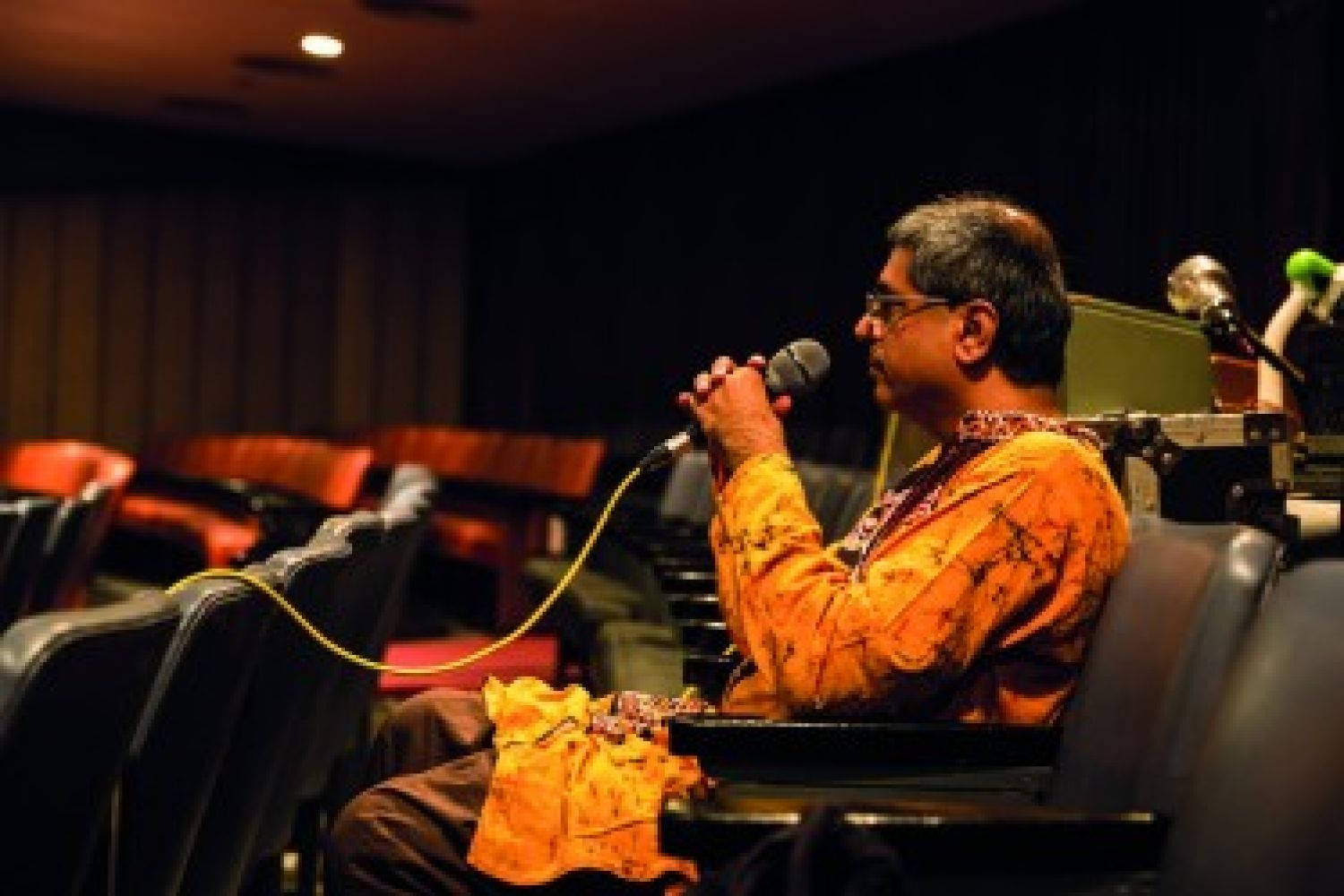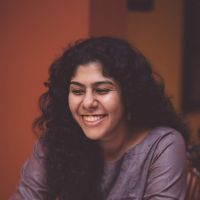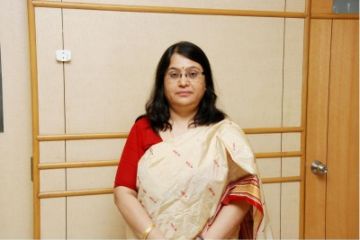
Any bio of Mahesh
Dattani will tell you that he’s the first Indian playwright writing in English
to be awarded the Sahitya Akademi award. From religious fundamentalism, to
child sexual abuse, to gender roles, to homosexuality, to arranged marriage,
his plays have confronted issues that could cause many an Indian audience to
squirm. Alyque Padamsee, one of the foremost names in Indian theatre, has
described him as “a playwright who gives 60 million English-speaking Indians an
ident
Continue reading “The various roles of Mahesh Dattani”
Read this story with a subscription.





